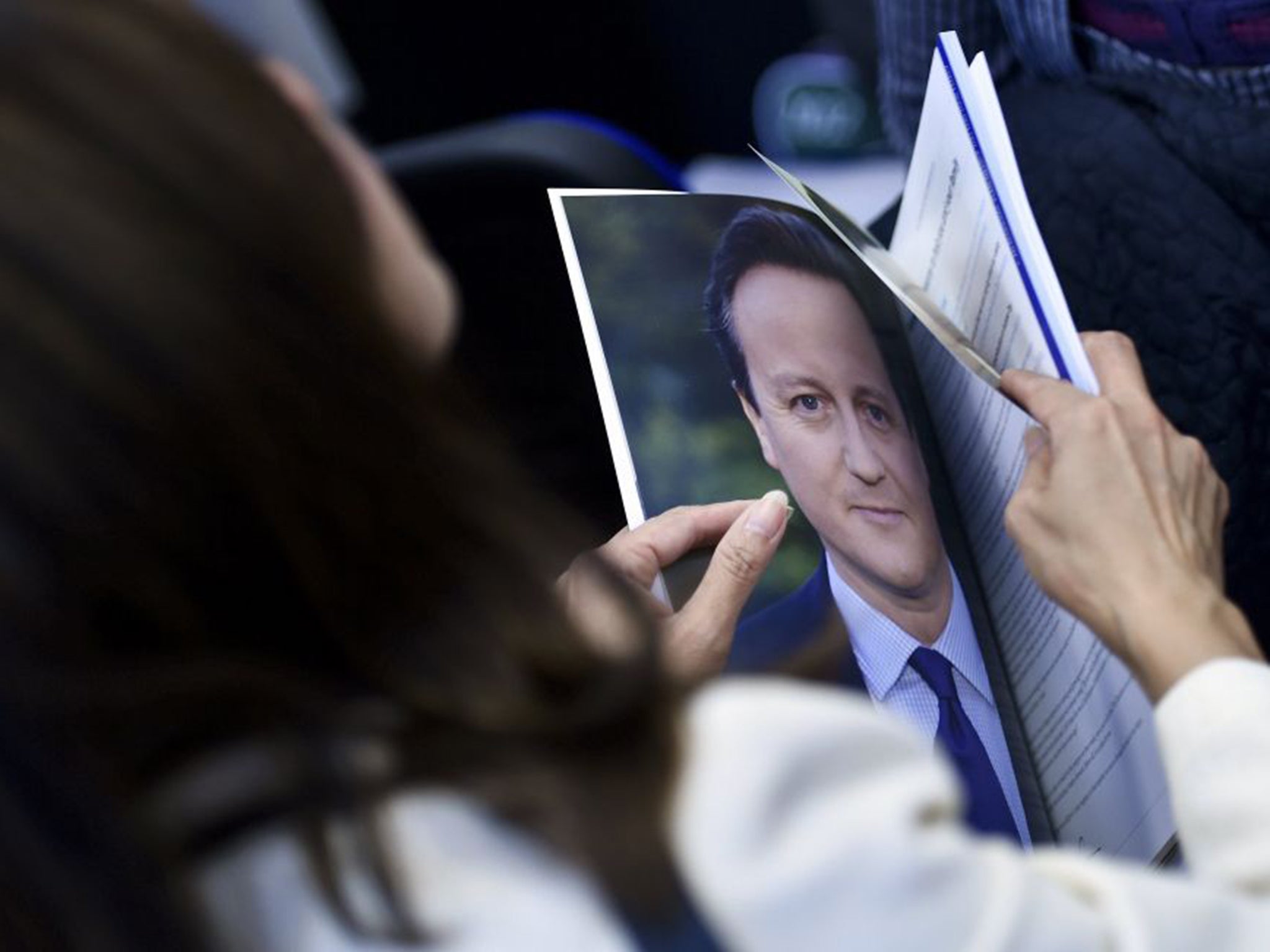General Election 2015: Manifestos are dull - all the more reason to check the small print

The City was shocked when Labour made the Bank of England independent on winning the 1997 general election. Some complained that the party had made no mention of such a move in its manifesto.
But, Labour had – sort of. The manifesto stated: “We will reform the Bank of England to ensure that decision-making on monetary policy is more effective, open, accountable and free from short-term political manipulation.”
That passage was sufficiently vague to give Gordon Brown, the new Chancellor, the wriggle room to do as he liked with the central bank.
This year’s manifestos are among the most detailed documents to be presented to the electorate. They were plenty of headline-grabbing policies: the Conservatives would make sure those on the minimum wage don’t pay tax, Labour pledged to freeze rail fares for a year, and the Liberal Democrats would introduce five new green laws.
But what do we find if we delve deep into the fine print?
Conservatives: Tougher police
There is a promise to “extend” police-led prosecutions, which at the moment are restricted to small-scale “volume” crimes such as cycling on footways and being drunk and disorderly in public places. The sketchy way this is written could mean that police-led prosecutions are extended to more complex cases, a move that many lawyers would be sure to oppose. The move would speed up these cases and potentially save money.
Police forces would also be allowed to keep a larger percentage of the value of assets they seize from criminals.
Labour: Stronger councils
The Housing minister, Brandon Lewis, has criticised Labour for its “top-down” approach to home building – but Ed Miliband’s team have quietly worked on plans that would see numerous powers transferred to councils. Local authorities could give first-time buyers first option on new homes in areas of housing growth and have the right to strip developers of their land if they fail to build in good time. Councils would also be able to restrict the number of payday lenders in their high streets.
Liberal Democrats: More powerful MPs
There’s a vague commitment to “strengthen the role of MPs in amending the Budget and scrutinising government spending proposals”. In an otherwise exhaustive manifesto, this leaves it open to interpretation how MPs would be granted these extra powers, be it through formal voting committees or greater parliamentary time for debates (there is a commitment to ending the practice of “talking out” private members bills so they don’t enter the statute books). The Lib Dems also want to make Parliament more family-friendly, a push to attract more women candidates.
The Independent has got together with May2015.com to produce a poll of polls that produces the most up-to-date data in as close to real time as is possible.
Click the buttons below to explore how the main parties' fortunes have changed:
All data, polls and graphics are courtesy of May2015.com. Click through for daily analysis, in-depth features and all the data you need. (All historical data used is provided by UK Polling Report)
Subscribe to Independent Premium to bookmark this article
Want to bookmark your favourite articles and stories to read or reference later? Start your Independent Premium subscription today.

Join our commenting forum
Join thought-provoking conversations, follow other Independent readers and see their replies